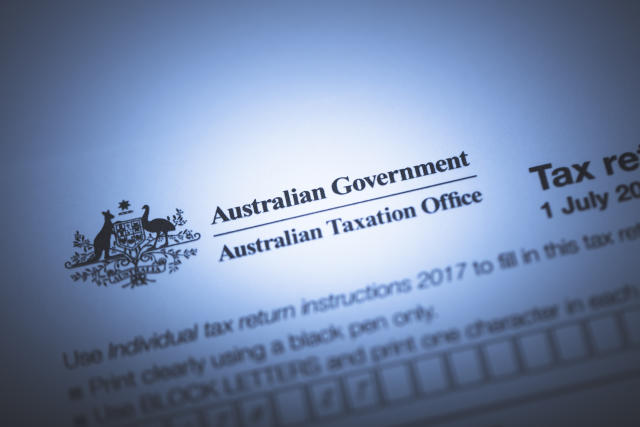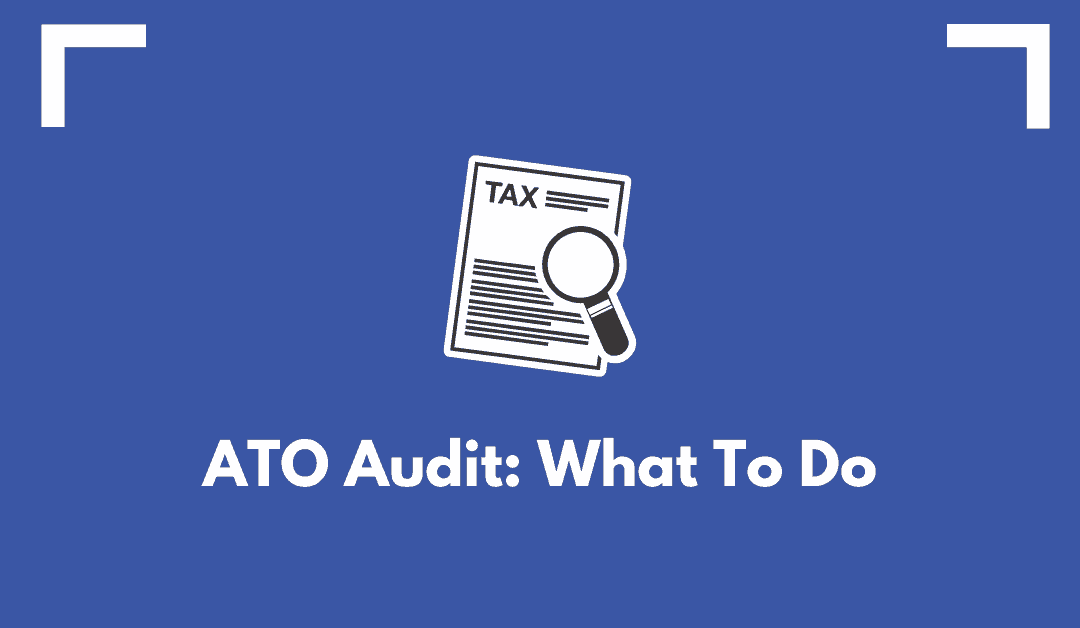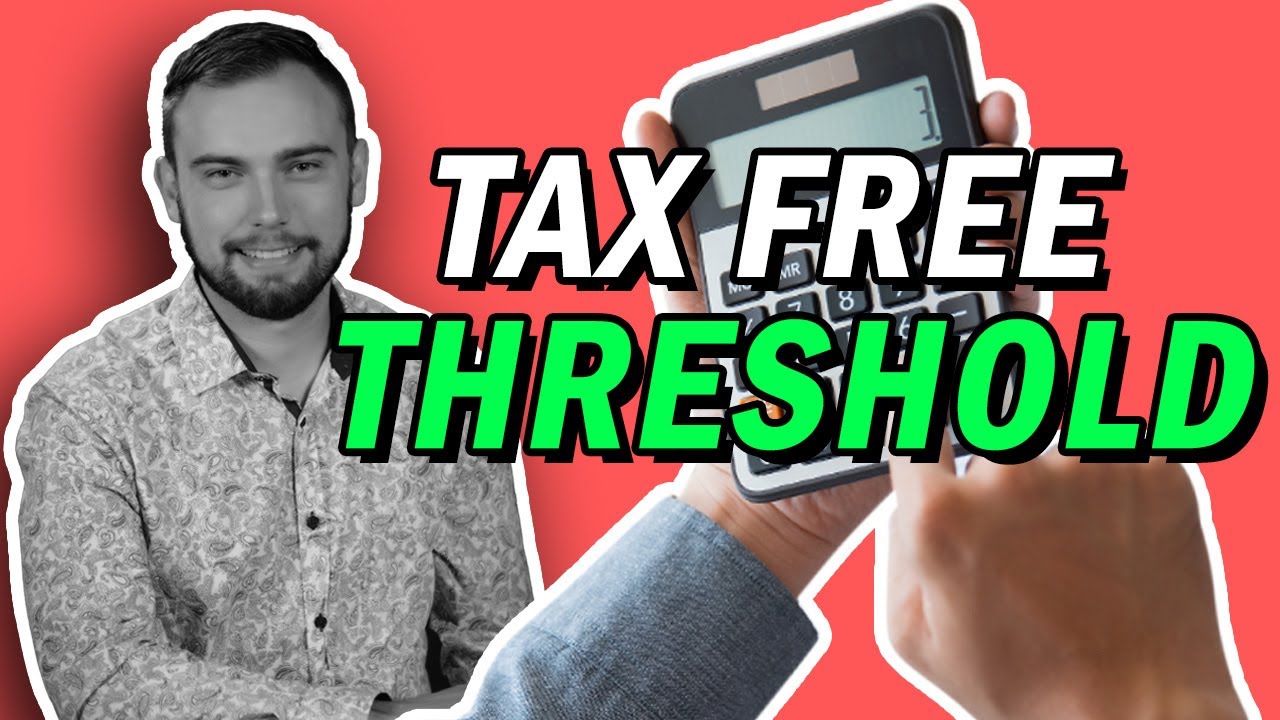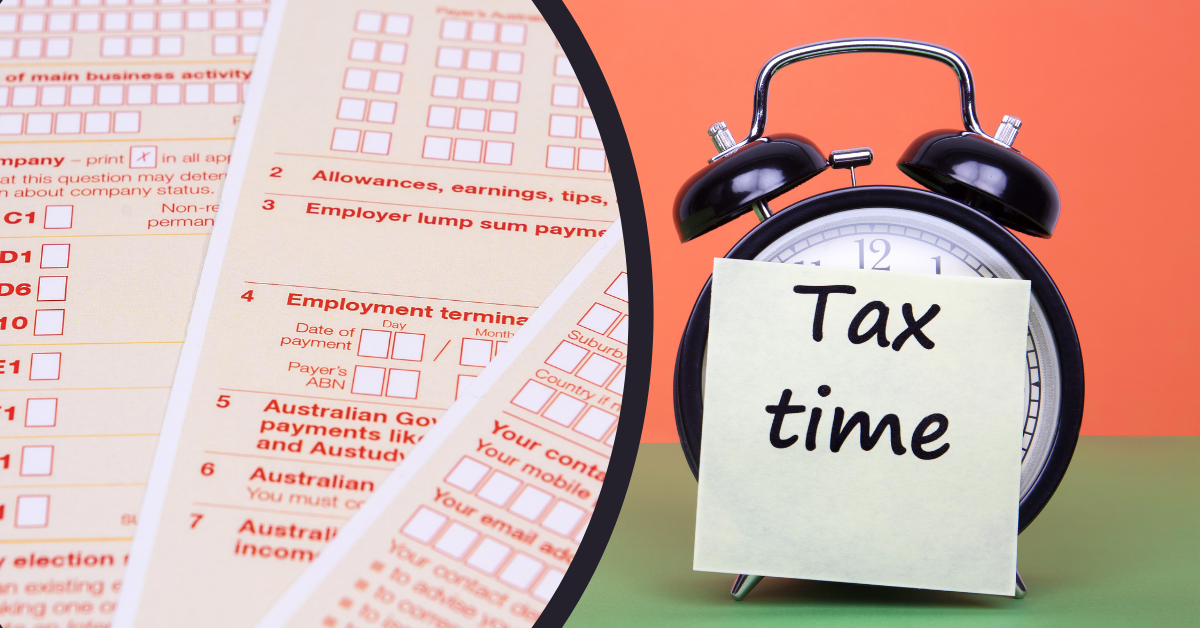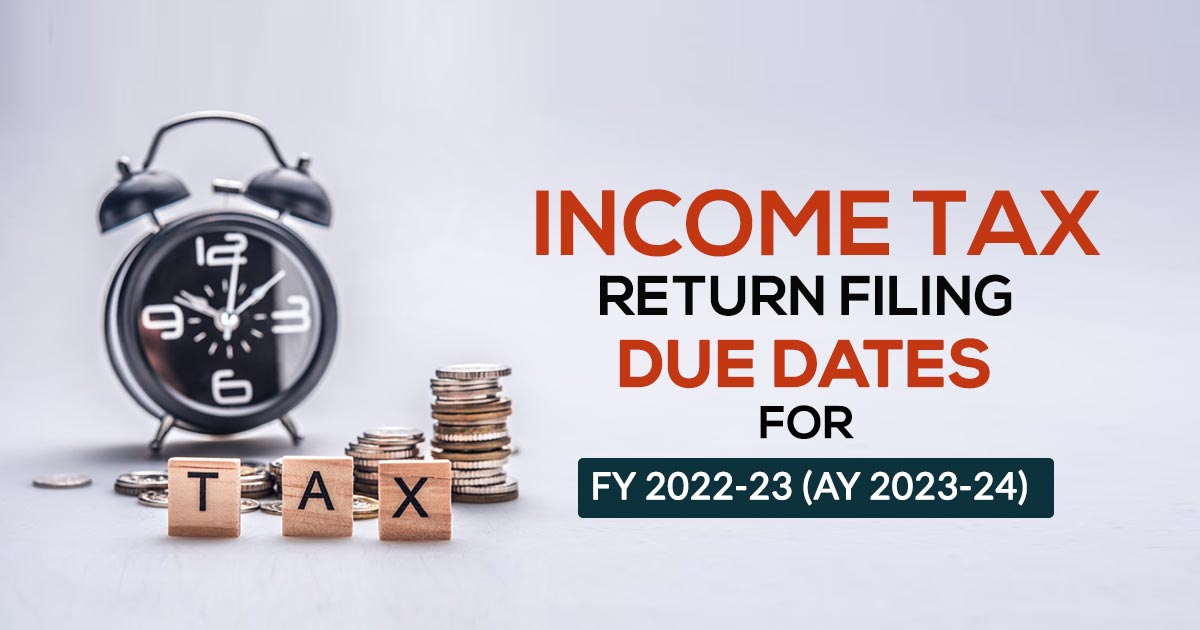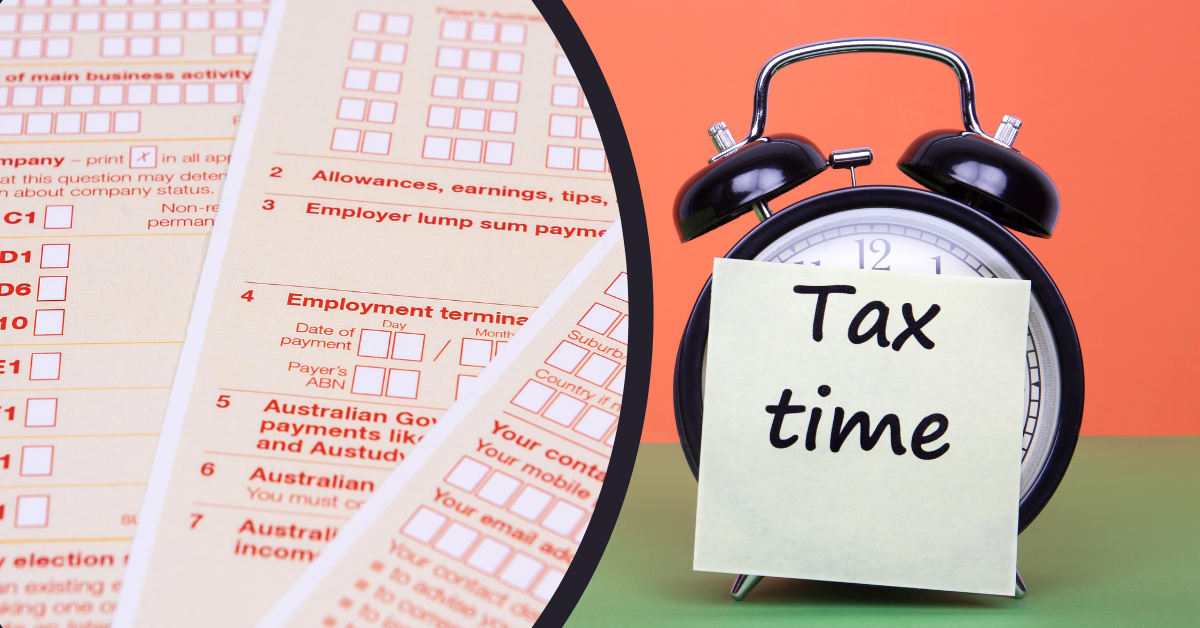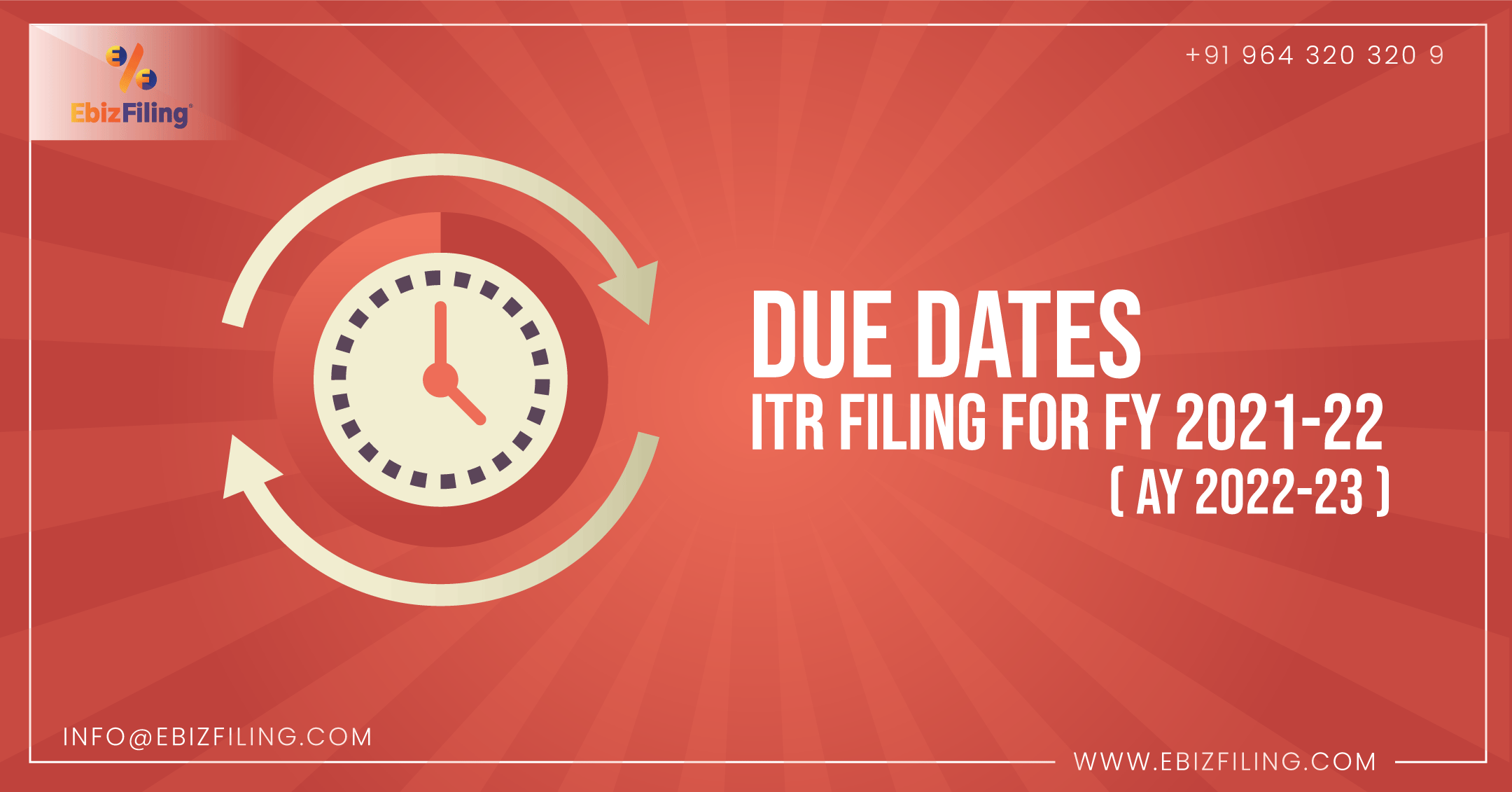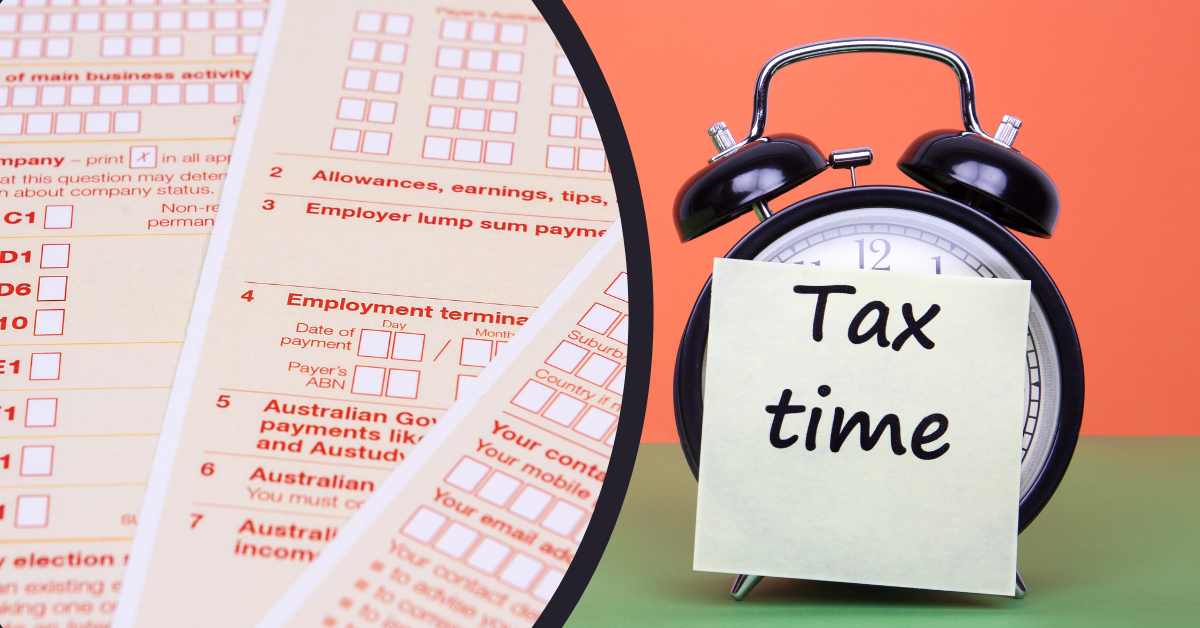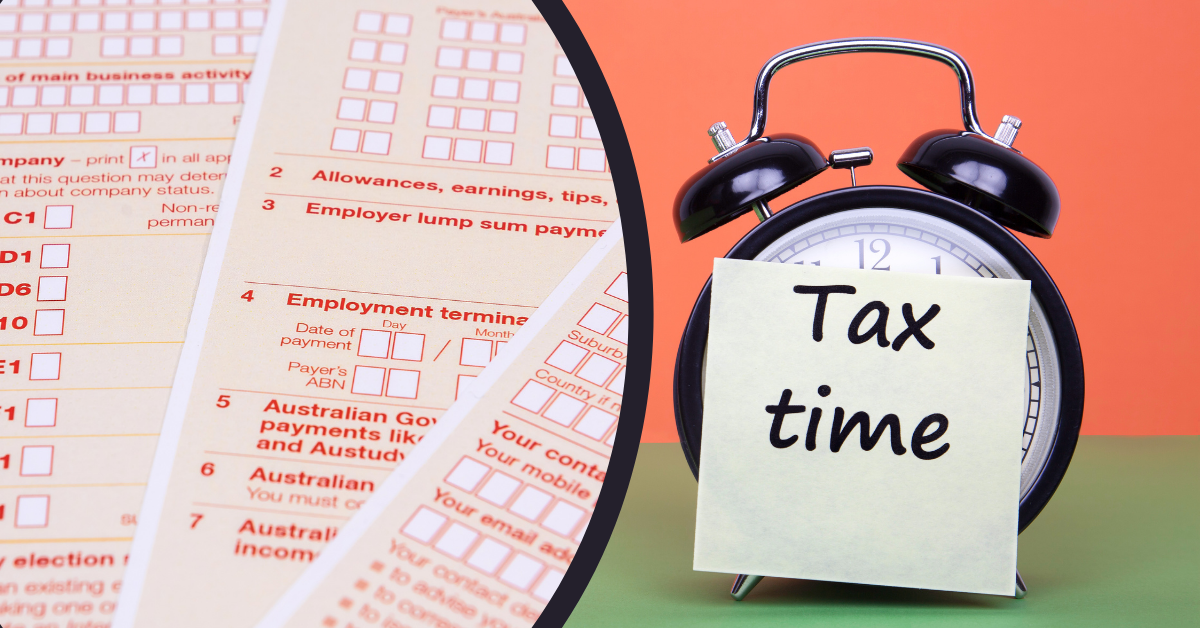How to Increase Your Tax Refund in Australia
Introduction
How can I increase my tax refund Australia? When it comes to filing your tax return in Australia, many individuals are interested in maximizing their tax refunds. While the amount of your refund is ultimately determined by your income, deductions, and other factors, there are several strategies you can employ to potentially increase your tax refund. In this article, we will explore some of these strategies to help you optimize your tax return.
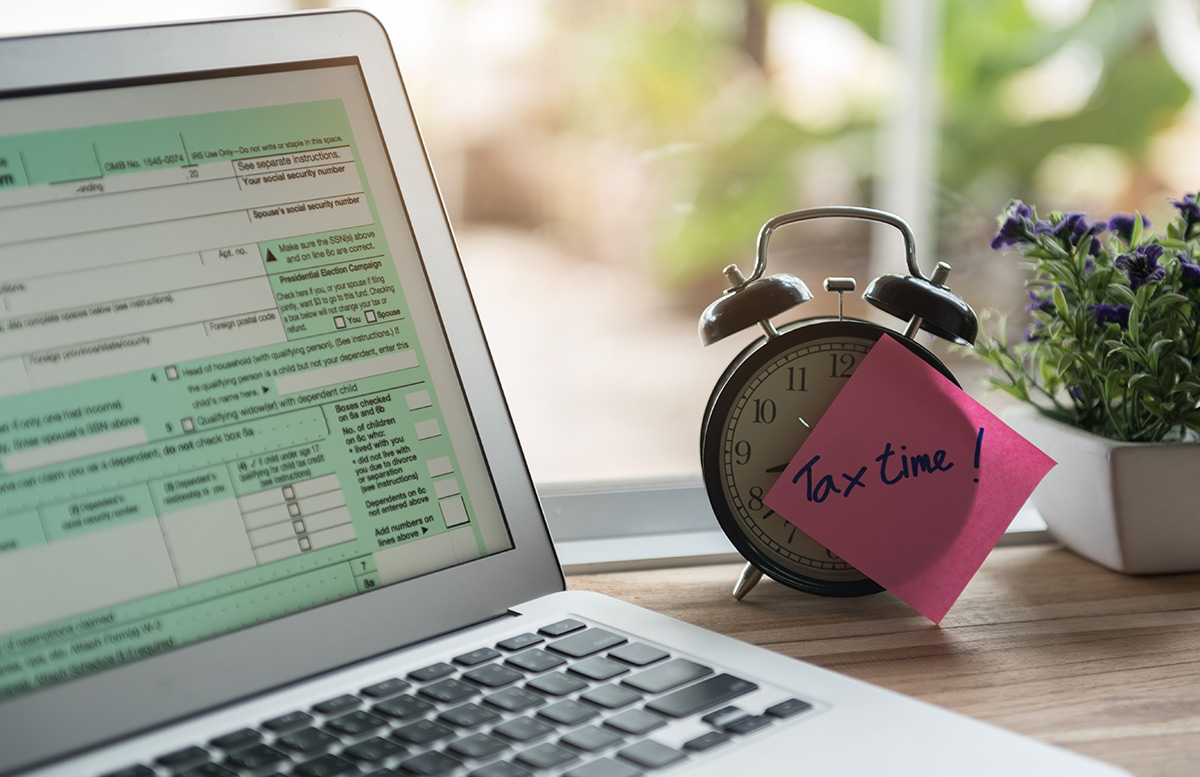
1. Claim All Eligible Deductions
One of the most effective ways to increase your tax refund is by claiming all eligible deductions. Deductions are expenses that you have incurred throughout the financial year that can be subtracted from your taxable income. Some common deductions include work-related expenses, self-education expenses, charitable donations, and investment expenses. Keep detailed records of your expenses and consult the Australian Taxation Office (ATO) website or seek advice from a tax professional to ensure you are claiming all the deductions you are entitled to.
2. Take Advantage of Tax Offsets
Tax offsets, also known as tax credits, directly reduce the amount of tax you owe. They can have a significant impact on your overall tax liability and potentially increase your refund. The Australian government offers various tax offsets for specific circumstances, such as the Low and Middle Income Tax Offset (LMITO), Senior Australians and Pensioners Tax Offset (SAPTO), and the Small Business Income Tax Offset. Research and understand the available tax offsets to determine if you qualify for any of them.
3. Make Additional Superannuation Contributions
Contributing extra funds to your superannuation account can not only help you save for retirement but also provide potential tax benefits. By making additional voluntary contributions to your superannuation, you may be eligible for a tax deduction. These contributions are known as personal deductible contributions. However, it’s important to stay within the contribution limits and seek professional advice to understand the implications of making additional contributions to your superannuation.
4. Prepay Expenses
If you have any upcoming deductible expenses, such as professional membership fees, insurance premiums, or income protection insurance, consider prepaying them before the end of the financial year. By prepaying these expenses, you can claim the deduction in the current financial year and potentially increase your tax refund. Keep in mind that prepaying expenses should only be done if it aligns with your financial situation and you are certain of the eligibility of these deductions.
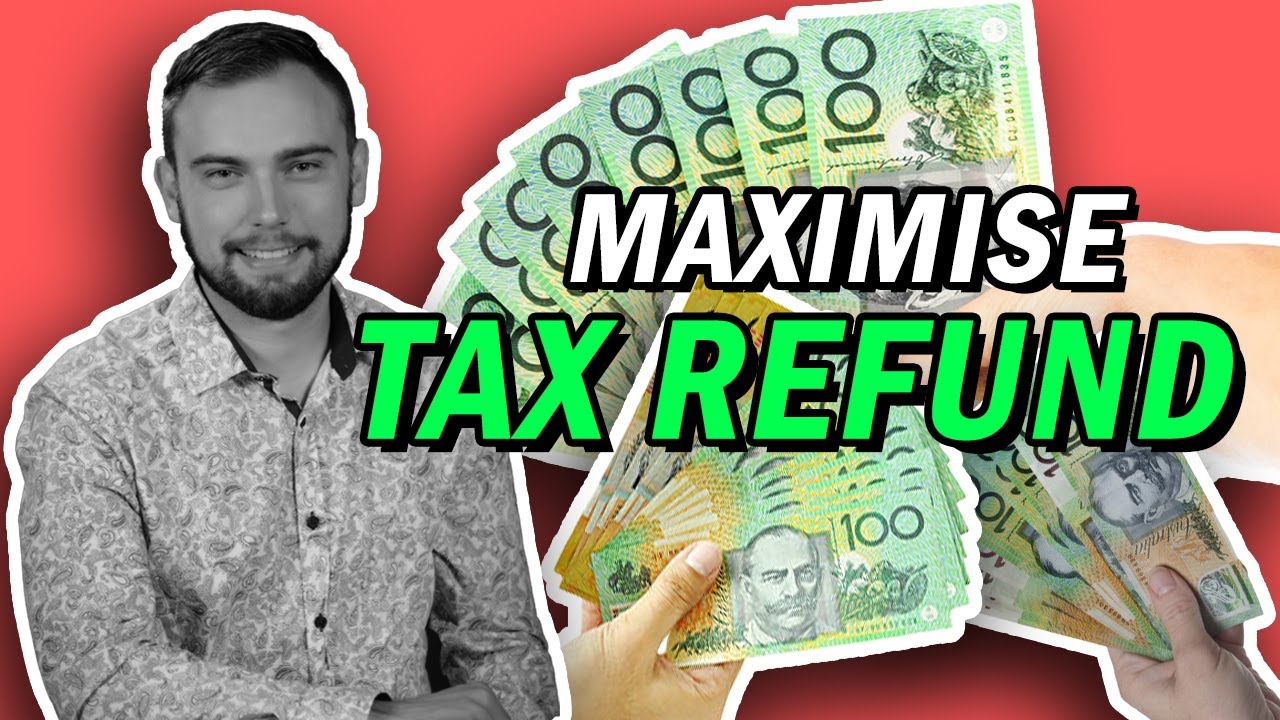
5. Review Your Private Health Insurance
If you have private health insurance, ensure that you have the appropriate level of coverage for your needs. The Australian government provides a rebate on private health insurance premiums based on your income and age. By reviewing your policy and adjusting it accordingly, you may be able to optimize your rebate and potentially increase your tax refund.
6. Lodge Your Tax Return Early
Filing your tax return early can have its advantages. By lodging your tax return as soon as possible, you can potentially receive your refund sooner. This can be particularly beneficial if you have plans to utilize the refund for important expenses or investments. Additionally, filing early allows you to avoid any last-minute rush and ensure that you have ample time to gather all the necessary documentation and information required for an accurate and complete tax return.
7. Seek Professional Advice
While there are several strategies you can employ to increase your tax refund, it’s important to remember that every individual’s financial situation is unique. Seeking professional advice from a tax accountant or financial advisor can help you navigate the complexities of the Australian tax system and identify specific strategies that are most relevant to your circumstances. They can provide personalized guidance, ensure compliance with tax laws, and help you maximize your tax refund while minimizing the risk of errors or audits. For tax advice see here.
Conclusion
Increasing your tax refund in Australia requires careful planning, awareness of available deductions and tax offsets, and understanding the rules and regulations set by the Australian Taxation Office. By claiming all eligible deductions, taking advantage of tax offsets, making additional superannuation contributions, prepaying expenses, reviewing your private health insurance, lodging your tax return early, and seeking professional advice, you can potentially optimize your tax refund. Remember to maintain accurate records, stay informed about any changes to tax laws, and consult with a qualified professional for personalized guidance. With these strategies, you can make the most of your tax return and potentially receive a larger refund.





